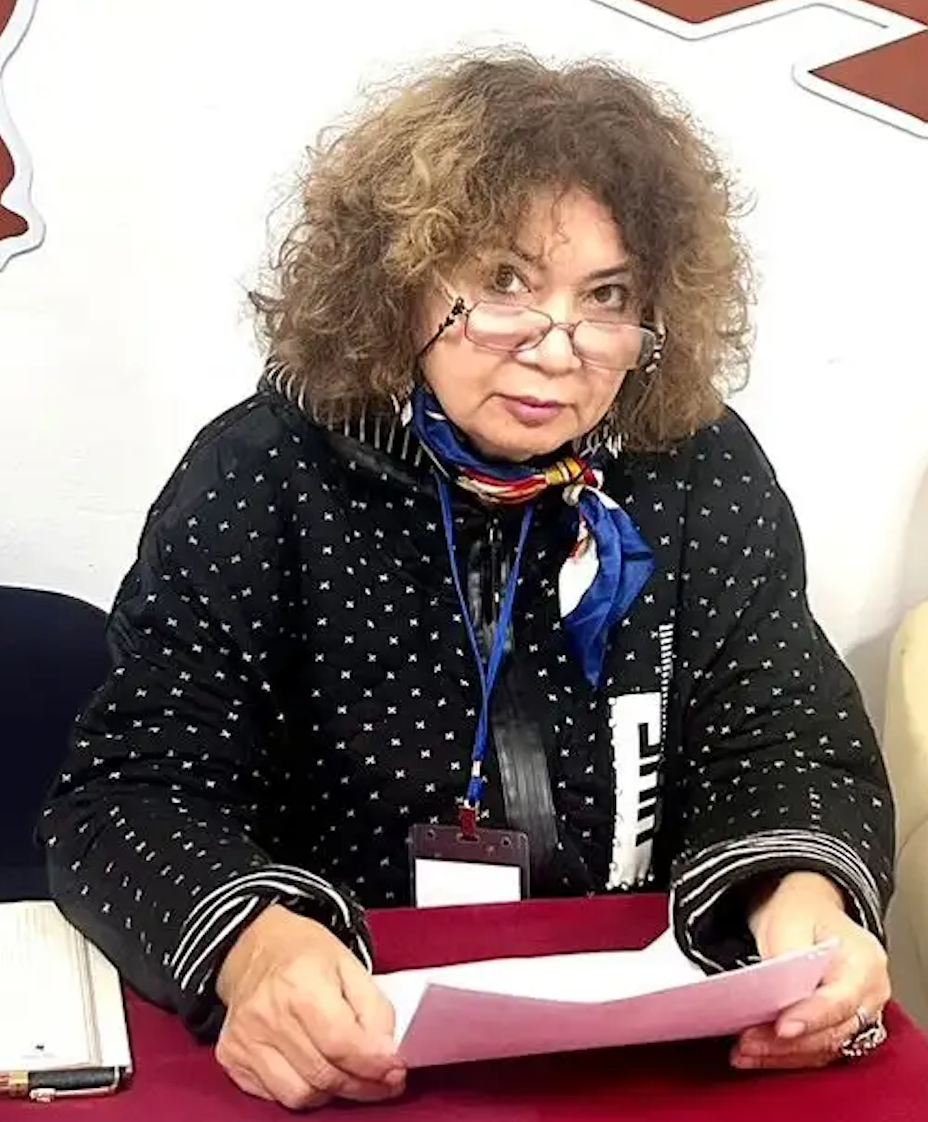ASTANA — The voter turnout for the first-ever direct elections of akims (mayors) in districts and cities of regional significance on Nov. 5 reached 62.79%, a figure that underscores a robust level of civil engagement, the Central Election Commission reported on Nov. 6.

Photo credit: gov.kz.
President Kassym-Jomart Tokayev spearheaded the initiative as part of a broader effort to enhance civic participation and decentralize governance.
The election process unfolded on an alternative basis, featuring 125 candidates. The regional maslikhats, or representative bodies, approved a list of 42 districts and three cities of regional significance – Kurchatov, Priozersk, and Rudny – for these elections.
The newly elected akims have an average age of 46.7 years.
Observers from various segments of society, including nearly 8,500 representatives of candidates, media, and election observers, ensured that the electoral process adhered to the requirements of Kazakhstan’s election legislation.
A step toward greater civic engagement
Public observer Roza Kaldybekova emphasized the significance of these elections, stating that citizens must participate in the electoral process and take advantage of their constitutional right to vote, particularly in such distinctive elections.

Roza Kaldybekova said that every citizen must take advantage of his constitutional right to participate in elections. Photo credit: Kazinform.
“There should be more self-nominated candidates, individuals who are truly representative of the populace. We need to engage those who abstain from voting, who have lost faith in the system, and who do not participate in the public life of their region, city, or village. The right to choose is a key aspect of a developed country,” she emphasized.
She noted it is “joyful” to see Kazakhstan on this path. “After all, civic engagement in elections can change our lives for the better. The future of one’s country and community will rest upon the stance of each citizen,” she said.
Notably, President Tokayev’s reforms have aimed at expanding direct participation in governance, fostering dialogue, and promoting decentralization. This includes direct elections of rural akims initiated in 2021, on-site meetings between akims and the public introduced in 2022, and the recent maslikhat elections in 2023, which featured a mixed model of party lists and single-mandate districts.
Bringing decision-making closer to the people

Daniyar Ashimbayev highlighted that Tokayev’s policy is not built on the principle of “reforms for the sake of reforms.” Photo credit: Kazinform.
According to Kazakh expert Daniyar Ashimbayev, these reforms are part of a broader strategy to empower local government bodies, bring decision-making closer to the people, and address local issues effectively.
Ashimbayev wrote in his Telegram post that the Nov. 5 elections were significant in terms of the development of democratic institutions. He highlighted that Tokayev’s policy is not built on the principle of “reforms for the sake of reforms” but is based on common sense and stage-by-stage processes.
“These developments are not only aimed at improving local governance but also increasing public understanding of the roles and responsibilities of various government bodies,” he said.
A more informed public
Political scientist Tair Nigmanov expressed optimism about the expanding election system. He believes that an increase in the variety of elected officials and bodies enhances public understanding of the specific competences of each entity.

Tair Nigmanov said the more different elected bodies and positions the country has, the more people will understand what exactly is within the competence of a particular body. Photo credit: Kazinform.
“Why is this important? Learning to engage with authority is crucial. Each of us has diverse needs—whether it is infrastructure, education, or social services. Improving our political literacy enhances the electoral process. It means that candidates who align with the needs of the majority win. It is about Kazakh citizens becoming adept at articulating their demands and understanding their needs. Unfortunately, there is a prevalence of empty promises like ‘I will fix everything,’ and people continue to be swayed by such populism,” Nigmanov said.
Experts agree that the direct elections of local mayors represent a significant step towards greater civic engagement and a more informed electorate. As the nation continually fine-tunes its democratic mechanisms, it is expected that a more active and politically savvy population will emerge, leading to better governance and improved local services.

